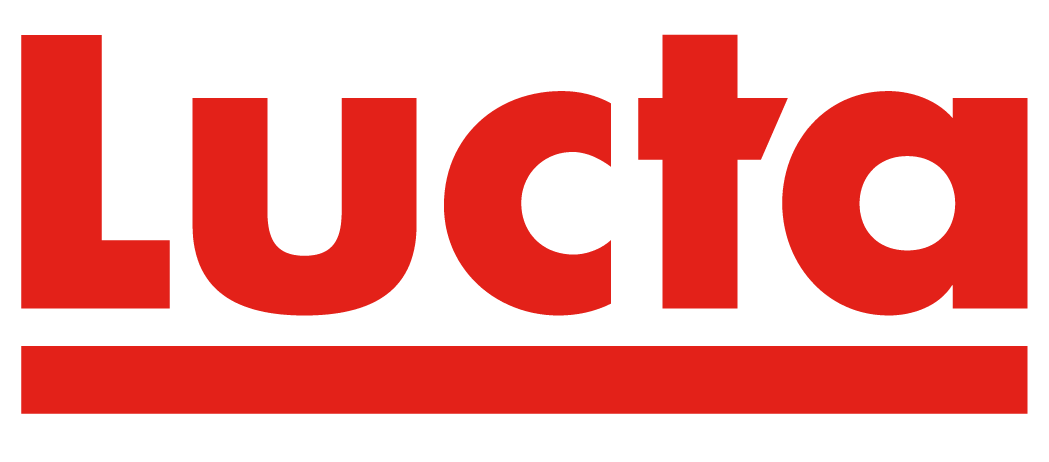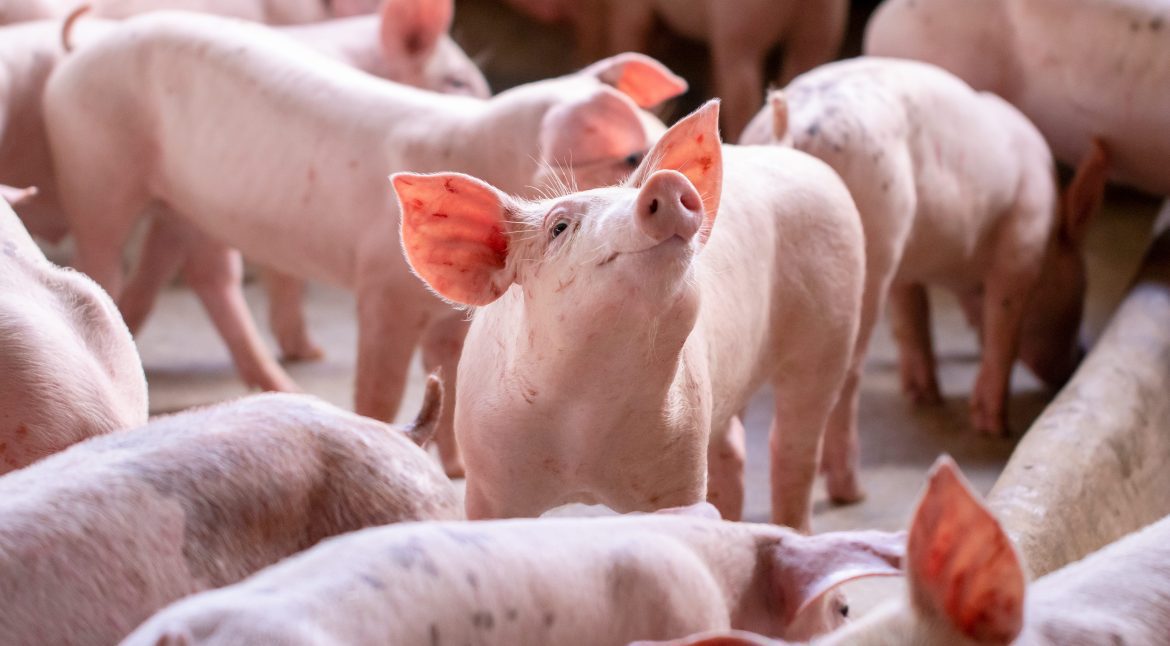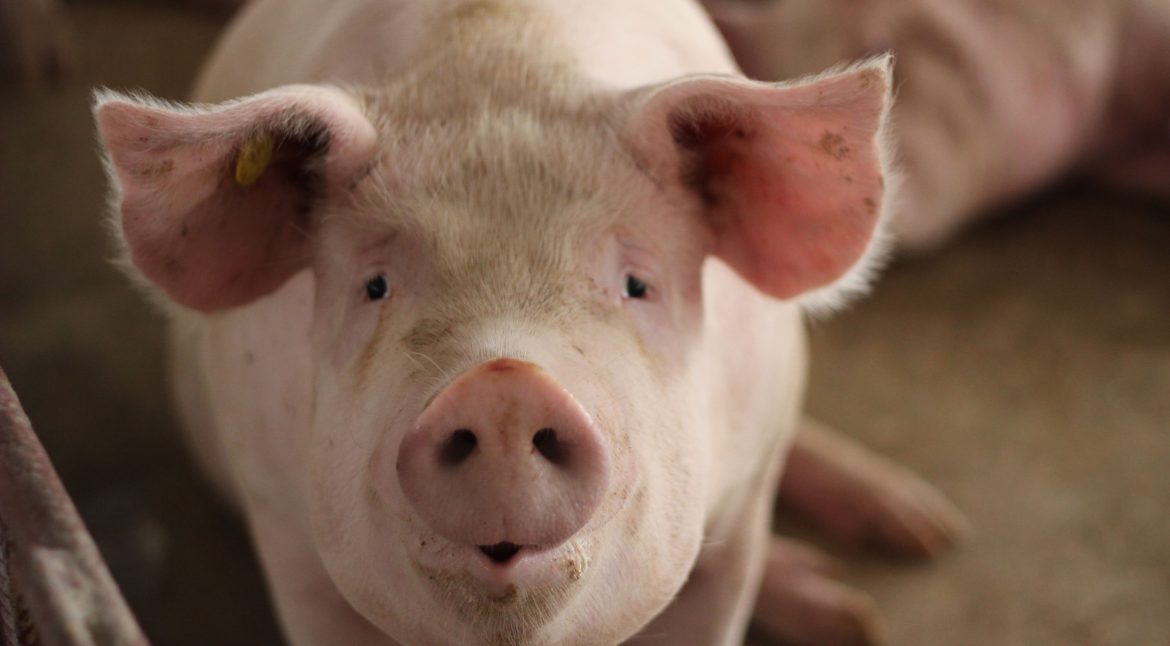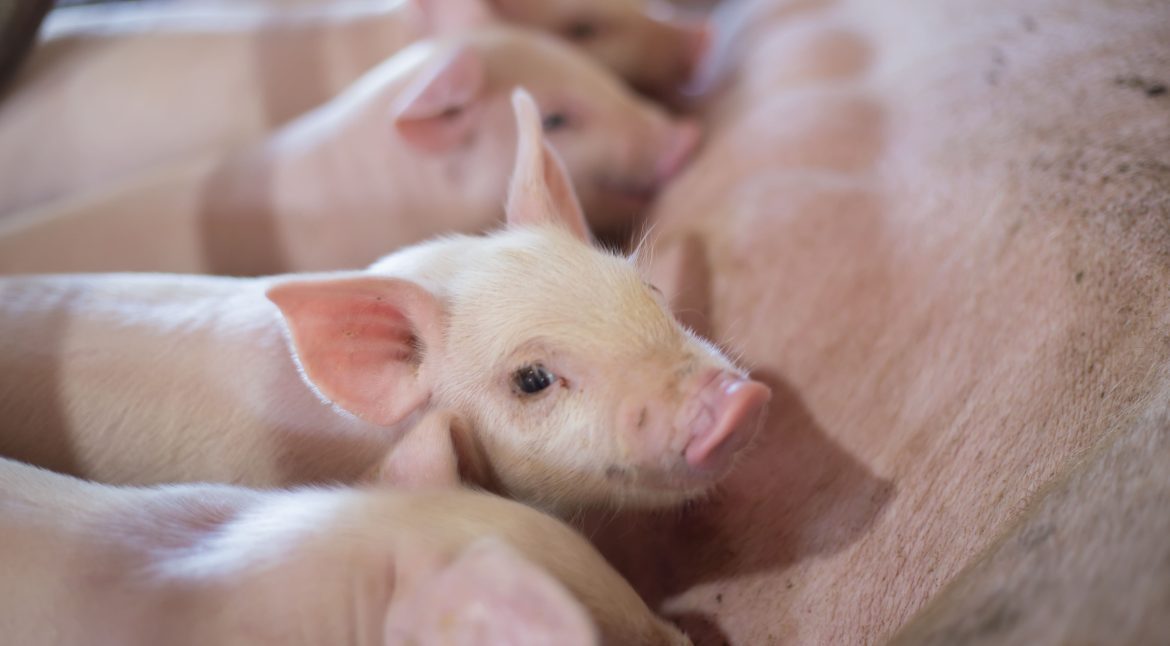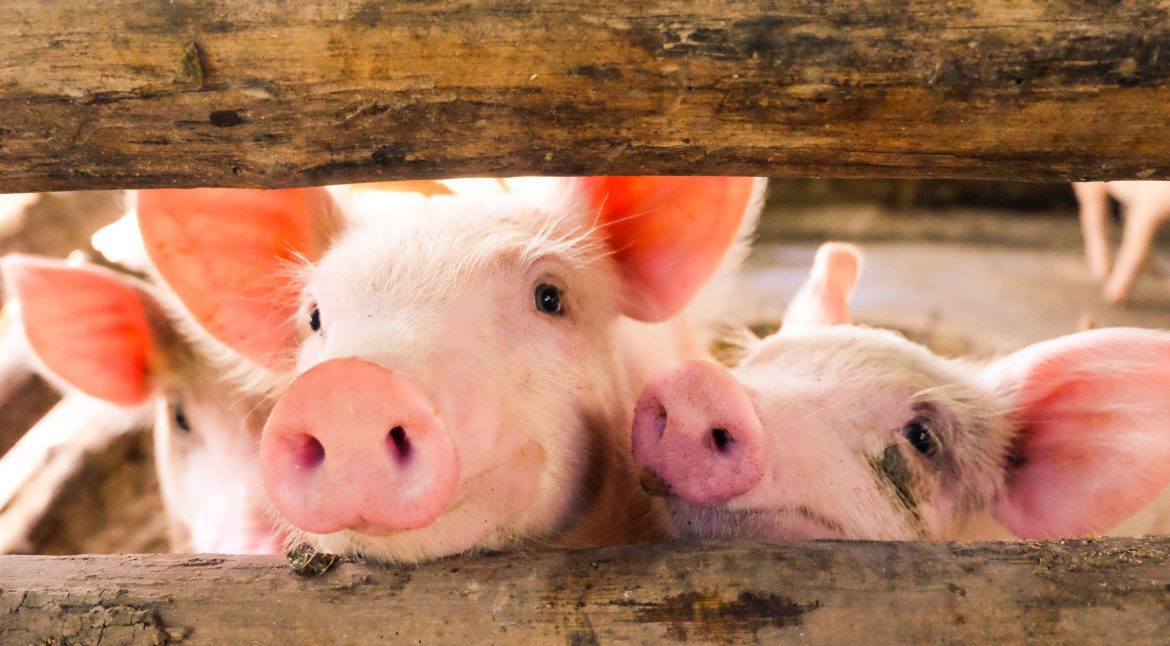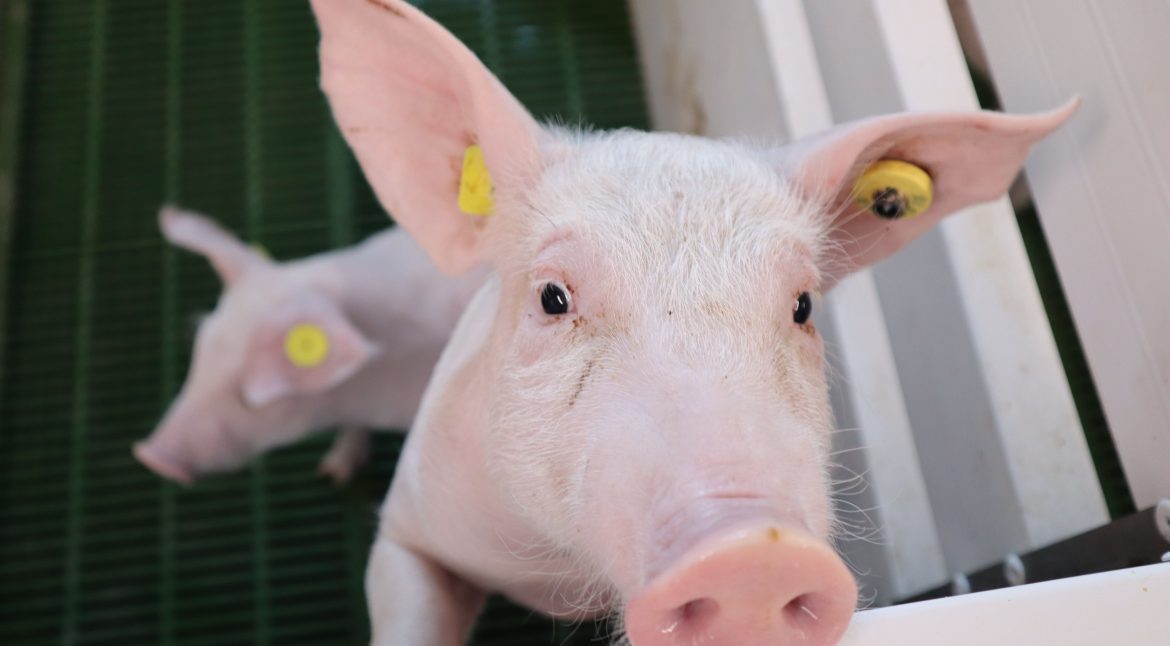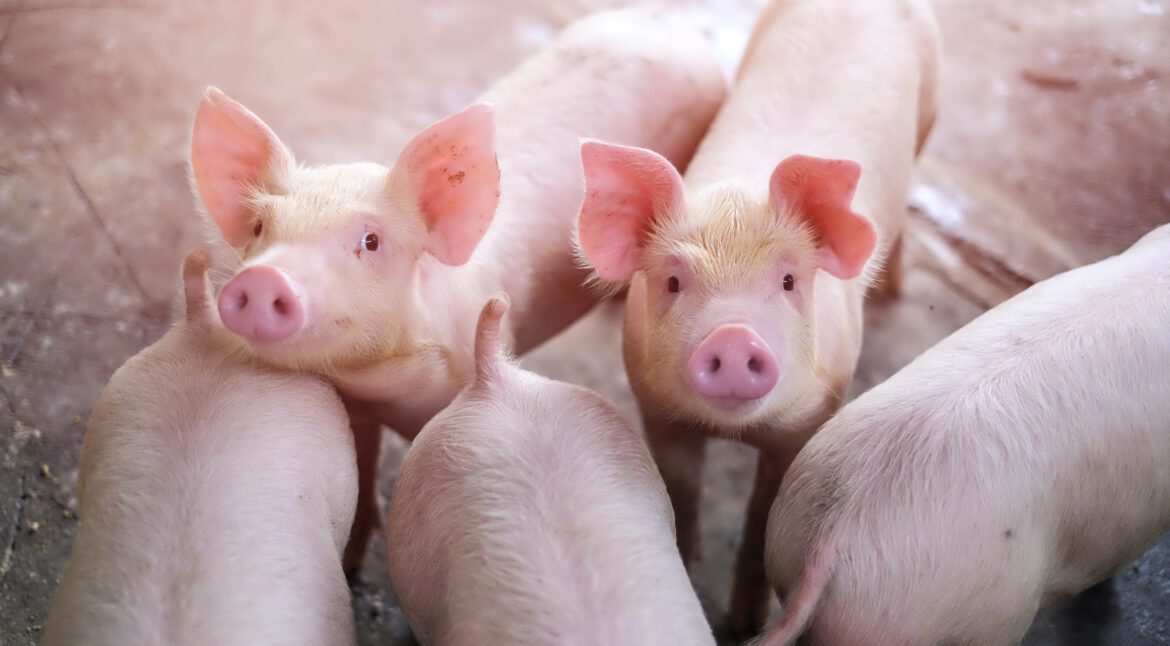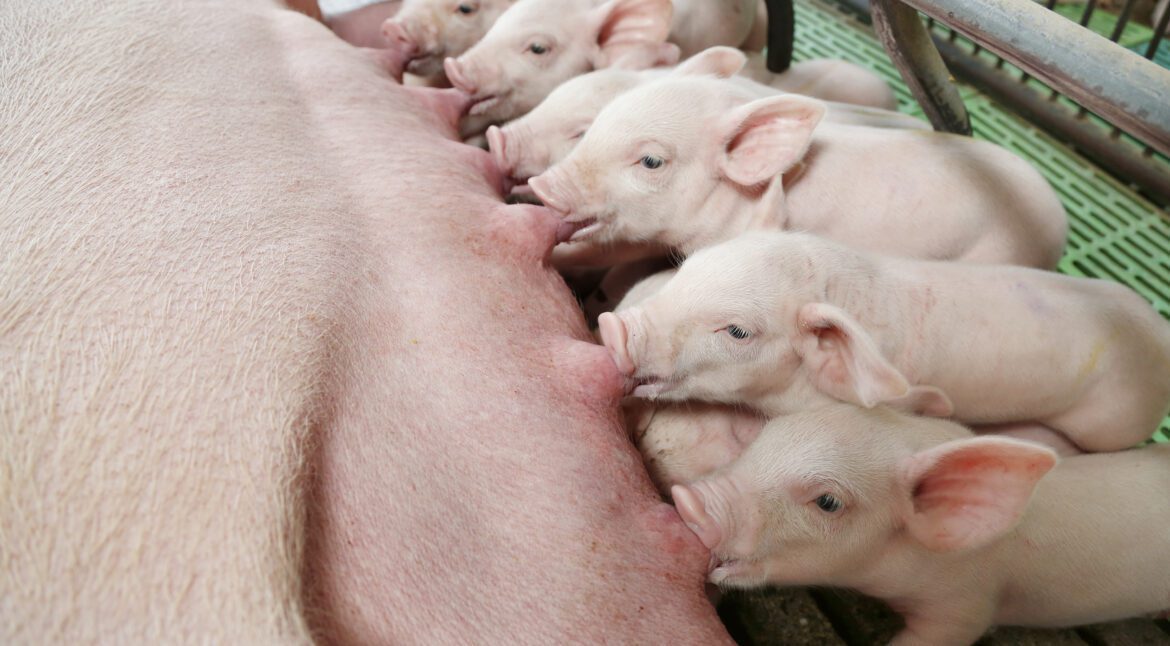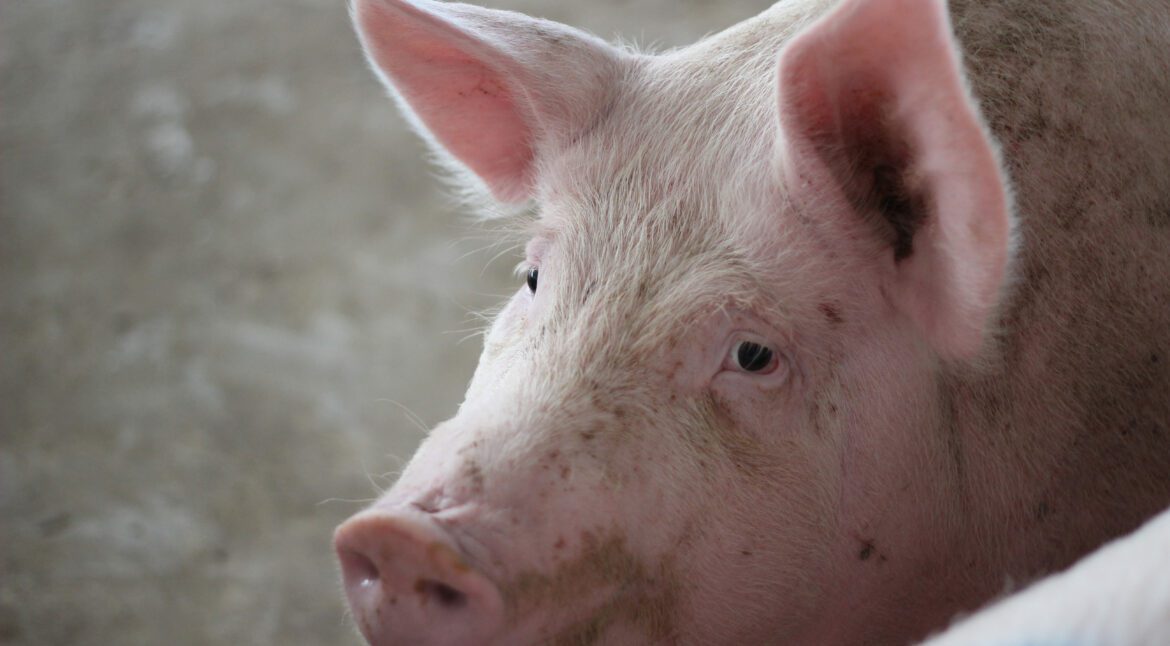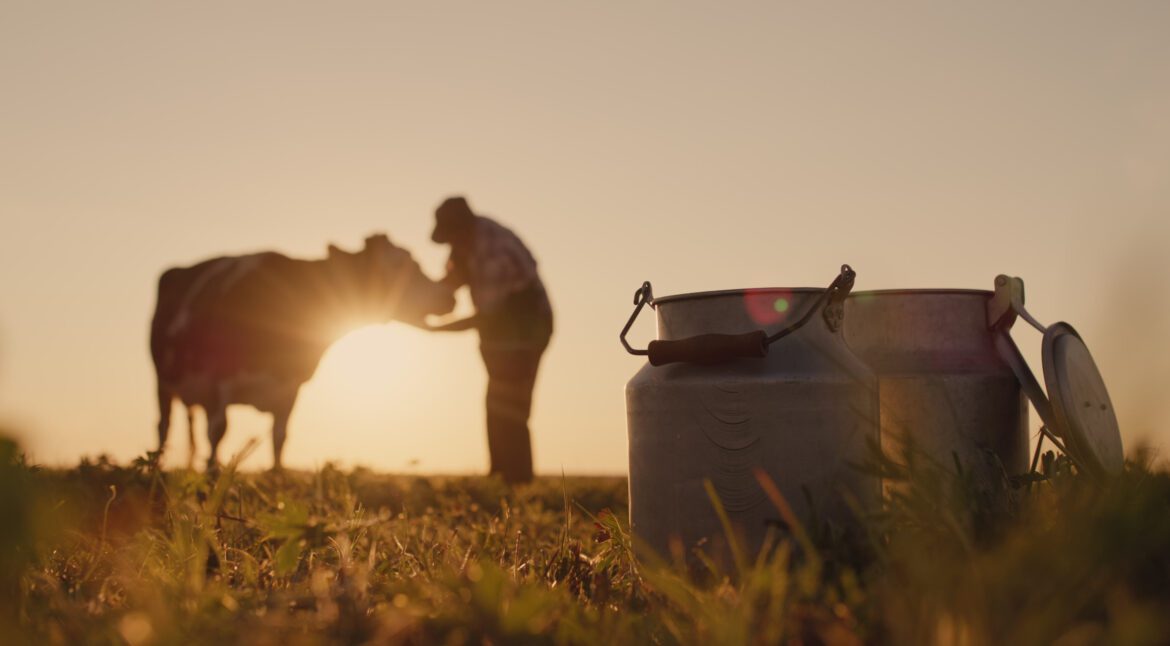Longevity of the sows is a major concern in pig production, which is negatively affected when the sow body condition is not properly restored shortly after weaning. Therefore, feed intake (FI) becomes crucial to prevent the excessive body reserve mobilization during lactation, but also in promoting milk production and therefore…
The impending EU ban on using high ZnO levels (3,000 ppm) in weanling pig diets has accelerated the search for alternative solutions aiming to prevent post-weaning diarrhea while maintaining piglet performance in the nursery period. A standardized olive pomace extract (PE1, recommended dose: 0.25%), with anti-inflammatory properties, and a rosemary…
The intense nature of pig production has increased the animals’ exposure to stressful conditions, which may be detrimental to their welfare and productivity. Some of the most common sources of stress in pigs are extreme thermal conditions (thermal stress), density and mixing during housing (social stress), or exposure to pathogens…
Today’s swine industry increasingly relies on hyperprolific sows, entailing challenges related to heterogeneous and numerous litters having lower viability and poorer adaptation to weaning. This study compared the intestinal transcriptome of piglets with differences in body weight (BW) at weaning, to explore mechanisms underlying differences in adaptation and growth during…
Antimicrobial resistance is a global threat that is worryingly rising in the livestock sector. Among the proposed strategies, immunostimulant development appears an interesting approach to increase animal resilience at critical production points. The use of nanoparticles based on cytokine aggregates, called inclusion bodies (IBs), has been demonstrated as a new…
Weaning stress causes gut-barrier dysfunction partly by triggering the release of corticotropin releasing factor (CRF) and thereby inducing degranulation of intestinal mast cells, which in turn results in intestinal dysfunction that compromises piglet’s welfare. The aim of this study was to evaluate how mixing (social stress) influences the physiological condition…
RESUMEN: Olives are a rich source of compounds with antioxidant and anti-inflammatory activities. This study was designed to investigate whether a standardized olive cake extract was able to alleviate oxidative stress, inflammation and intestinal villus damage in a model of lipopolysaccharide (LPS)-challenged piglets. Thirty weaned piglets (6.9 ± 0.9 kg)…
RESUMEN: The addition of a sensory additive to sow diets during the summer improved feed intake during lactation, and litter performance. The aim of this study was to evaluate the impact of the sensory additive on sow lactation performance during cooler temperatures. Three consecutive groups (n = 61 total) of…
RESUMEN: Intensification of pig production has increased the exposition of animals to stressful conditions that might be detrimental to their welfare and their productivity. Some of the most common sources of stress in pigs are extreme thermal conditions (thermal stress), density and mixing at housing (social stress), or exposure to…
RESUMEN: Heat stress produces a wide range of negative consequences, some of them with long-lasting effects. When livestock are subjected to this environmental stress, it can be detrimental to health, well-being, and performance. Setting up multiple strategies before heat stress strikes is crucial.
